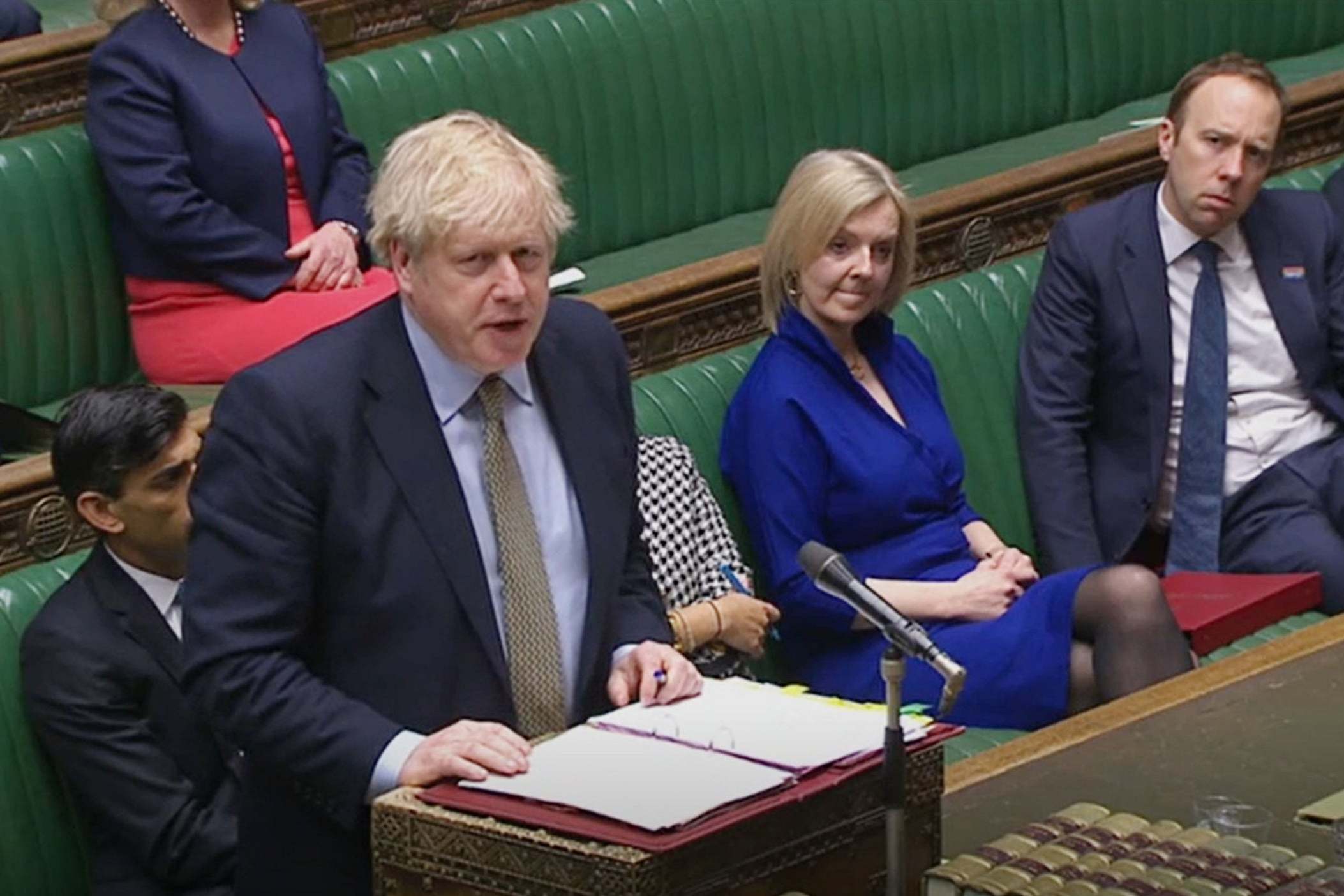Why MPs are worried about Boris Johnson’s emergency coronavirus powers
There are concerns in the Commons that measures being brought in to tackle Covid-19 could last for two years, writes John Rentoul


Chris Bryant, the Labour MP, said on Wednesday: “I can tell you now, this is the greatest emergency we’ve faced for many years, but I’m not voting for draconian emergency measures that last two years unless they require regular renewal by parliament.”
He is worried about the coronavirus bill that is expected to be published on Thursday and considered by the House of Commons on Monday. According to the government’s guide to the bill, it will give police and immigration officials sweeping powers to arrest people suspected of carrying the infection – powers that could last for two years.
The bill contains many less controversial measures, such as changing the rules on sick pay, allowing retired public service workers to return to help fight the virus, and simplifying the rules on reporting and managing deaths.
But it is the curtailing of civil liberties that alarms many MPs: the power to shut down venues and events, and to detain people to enforce quarantine. Bryant points out that previous emergency powers of this kind have always had to be renewed by parliament frequently – the Civil Contingencies Bill, for example, requires renewal every 28 days.
He was concerned by reports that the bill might be rushed through the Commons by cross-party agreement and “nodded through” without a vote. Jeremy Corbyn has offered to cooperate with the government in passing the coronavirus legislation. There have been discussions between the government and the opposition, with the prime minister hoping to take Corbyn’s suggestions on board so that they could avoid amendments being pushed to a vote in the Commons.
There had been suggestions that the bill would pass without opposition on Monday – partly because a vote would mean 600 MPs crowding into the division lobbies to have their votes counted.
That was why Bryant raised a point of order after Prime Minister’s Questions yesterday, to demand the right to table amendments if the legislation really were intended to last for two years.
Lindsay Hoyle, the speaker, said the bill was on the order paper, and “I am sure there will be time to table amendments”.
What is likely to happen is that the government will agree to a clause requiring the law to be renewed, but if not, the House of Commons will quickly have to bring in procedures for remote or proxy voting.
If civil liberties concerns are not dealt with by agreement in the Commons, it is possible that the bill will run into trouble in the House of Lords, where it is due to be debated on Wednesday and Thursday of next week. Although it would be unusual for the Lords to send back a bill that had bipartisan support in the Commons, there are a lot of lawyers in the upper house who may take a dim view of legislation giving the state so many powers for so long.
Join our commenting forum
Join thought-provoking conversations, follow other Independent readers and see their replies
Comments